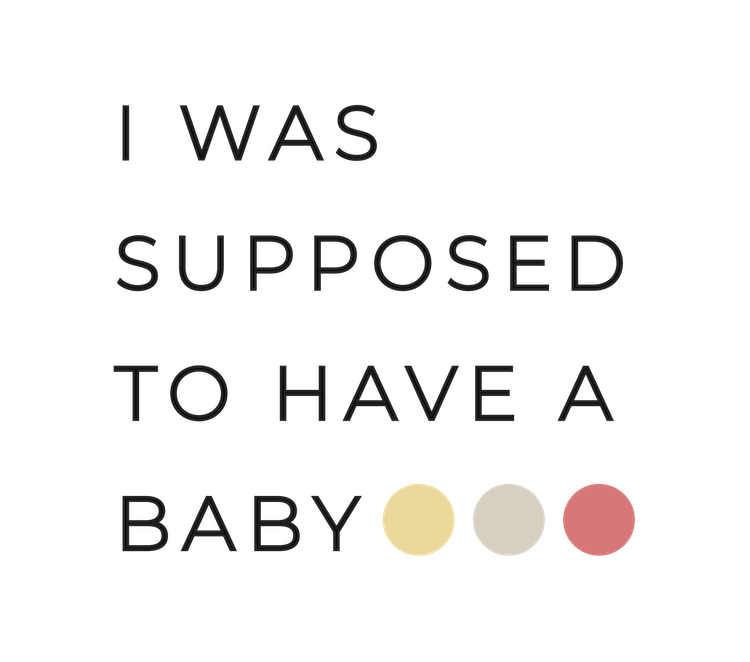Pregnancy Loss As Experienced by Someone on the Asexual Spectrum
“This post describes my experiences with pregnancy loss as someone on the asexual spectrum—sometimes referred to as the ace spectrum or aspec.
This spectrum refers to people who do not experience sexual attraction to others and people who experience limited or conditional sexual attraction.
As a person who is on the ace spectrum, I have often faced assumptions that I must not want to have children due to my sexual orientation.
A common misconception is that asexuality is the same as celibacy.
Many friends and family members have assumed that biological children are not even a possibility for myself and my husband.
When I experienced recurrent pregnancy loss, I in some ways felt that I had no choice but to share it openly.
Because so many people have assumed that children would not be in the picture for me, they had no idea that I could be experiencing any kind of loss, grief, or trauma.
I felt that there was an added layer of invisibility around the pain I felt and all of the work I was doing to get answers medically.
When sharing about my pregnancy losses, I also felt some fear that my identity would be questioned or doubted.
While this thankfully did not happen to me when I shared, I have heard of it happening to others on the ace spectrum.
The fear of having to explain or justify how I can be both acespec and have recurrent pregnancy loss was a lot to navigate at a time when I was already feeling very vulnerable.
An additional factor that has made it challenging to navigate grief and loss is that within LGBTQ+ mental health spaces, asexuality is rarely talked about or acknowledged as part of the LGBTQ+ community.
In the past, I have been told that asexuality does not belong in the queer community.
I often feel hesitant to share this part of myself openly within queer community spaces.
Because I am also femme presenting and married to a cisgender man, I worry that I do not deserve to take up space within the LGBTQ+ community given my relative privilege.
This can make it harder to seek support from my community.
I am grateful that in many progressive Jewish spaces, some queer identities are starting to become more accepted and normalized.
However, I often feel that ace identities continue to be invisibilized and erased.
This has led me at times to feel a sense of disconnection from Jewish communities.
When I experienced recurrent pregnancy loss, I felt further disconnected from Jewish communities. Judaism tends to have a big focus on continuity as well as “family life,” (meaning families with children), and I felt like a failure for not being able to uphold this.
Having two stigmatized identities to navigate in Jewish spaces has made it hard to find communities where I belong.
I am grateful that IWSTHAB is including content about those of us on the ace spectrum as part of Pride Month.
It is healing to have a Jewish space where I am seen as both a loss parent and someone who is on the ace spectrum.
I believe that everyone who is on a fertility journey deserves to be able to express themselves fully and authentically.










